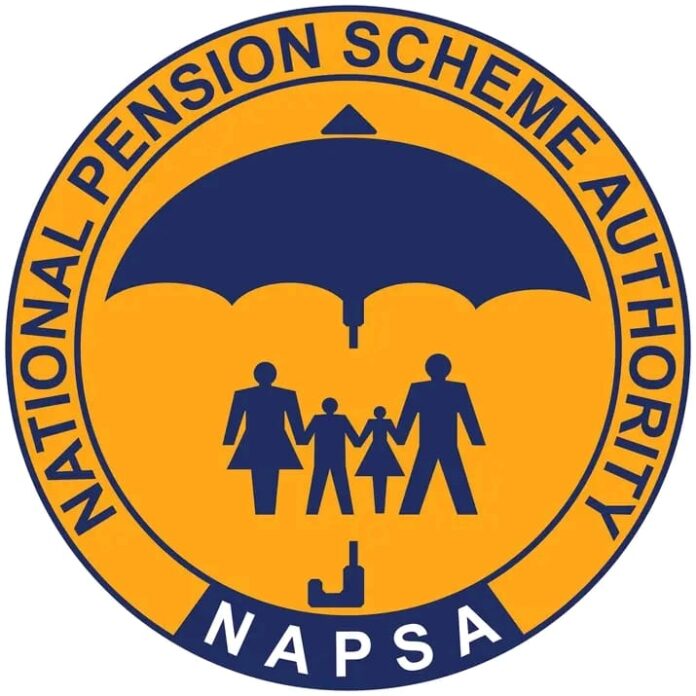NAPSA Prosecutes Council Over Non-Remittance
By Dickson Jere
Ikelenge Town Council has not been remitting or delaying the workers statutory contributions to NAPSA. This prompted NAPSA to prosecute the local authority in the Magistrate Court at Mwinilungu District.
But then, the case took an interesting dimension.
The local council raised some ingenious Constitutional preliminary issues, which chiefly, among them were as follows;
1. A local authority is party of government – can it be arrested and prosecuted for criminal offence?
2. The delay to pay NAPSA the worker’s contribution is due to delay by Ministry of Finance to release the funds to the councils – can that be blamed on the council?
3. Can a Town Clerk/secretary sit in the dock on behalf of the council when he is employed by Local Government Commission and only attached to the council?
4. Can a criminal judgment against the council be enforced immediately or one has to wait for one year in line with the 2016 amended Constitution?
Since the Magistrate had no powers to handle these constitutional matters, the case was filed in the Constitutional Court for interpretation.
The Council argued that the local government equalization funds comes from the national treasury and usually delays to be remitted to councils thereby delays salaries and NAPSA remittances. The blame should, therefore, not be on the councils but ministry of finance.
A panel of five judges after heard both sides and opined that most of the questions raised did no not pinpoint the constitutional provisions that needed to be interpreted.
“Question one as framed does not raise any constitutional issues for us to determine. It is therefore outside our jurisdiction and we will not consider it,” the judges said.
“Thus, where a question does not invite the Court to interpret a provision of the constitution, the same is not a constitutional question.”
However, the ConCourt guided that once judgment is obtained against a local authority, enforcement can only be done after one year as perArticle 160 of Constitution.
“This means that, local authorities are provided with immunity against execution of judgments obtained against them for a period of one year from delivery of such judgments,” the ConCourt ruled.
“The Judgement creditor may, therefore, only opt to enforce the judgement obtained against a local authority after the lapse of one year..”.
It is a pity that key questions were not conclusively tackled by the ConCourt on the basis that the questions were not specific on the constitutional provisions that required interpretation.
Case citation – Ikelenge Town Council v NAPSA – 2022/CCZ/0022 and judgement on the 30th March 2023.
